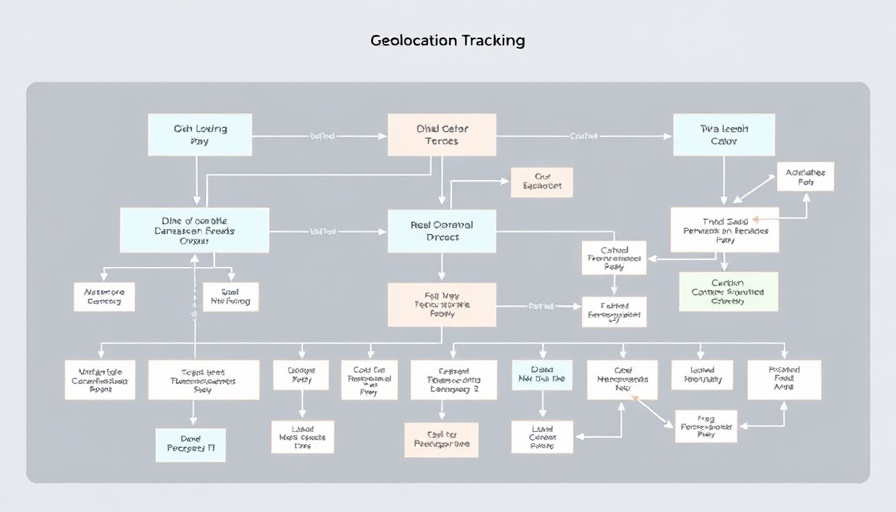
The Hidden World of In-App Tracking
In the vast landscape of mobile applications, a notable but often overlooked concern looms large: the secretive collection of geolocation data. Recent revelations from a significant data leak by Gravy Analytics highlighted that over 2,000 apps—available on both the App Store and Google Play—are returning location data, frequently without users’ consent or even the developers' awareness. This underhanded practice should spark alarm, prompting users to question their digital privacy.
Your Data, Their Goldmine
Imagine being marketed based on your every move without ever giving explicit consent. This is a reality for many mobile users today. The alarming twist is that even data brokers find EU citizens’ information immensely valuable, and those across the pond are often at the high-end of the pricing spectrum. The revelation that data collection transcends applications is unsettling; such vast amounts of information stand to generate billions in ad revenue while leaving individuals feeling powerless.
Understanding the Technicalities
This intricate web of tracking relies heavily on protocols like OpenRTB, which standardize how ad data is collected and traded in real-time bidding scenarios. During an intensive personal investigation, a user discovered that despite opting out of location tracking on their device, applications were still capable of transmitting precise location data and even IP addresses. The unexpected engagement with large advertising networks like Unity Ads emphasizes how personal data is commodified without direct user knowledge.
Rethinking App Permissions
As users, we must rethink how we interact with our applications. While disabling location services is a crucial first step, comprehensive awareness surrounding app permissions goes a long way in preserving our digital footprints. Awareness can serve as a formidable shield against unauthorized data mining.
The Future of Data Privacy
Looking ahead, transparency around data collection should take precedence in app development. Consumers need to prioritize their privacy by actively choosing platforms and services committed to safeguarding their information. As information leaks become common and data commodification rises, it remains essential for individuals to remain informed and proactive about their digital privacy.
 Add Row
Add Row  Add
Add 




Write A Comment